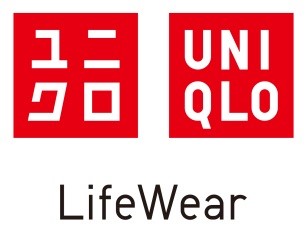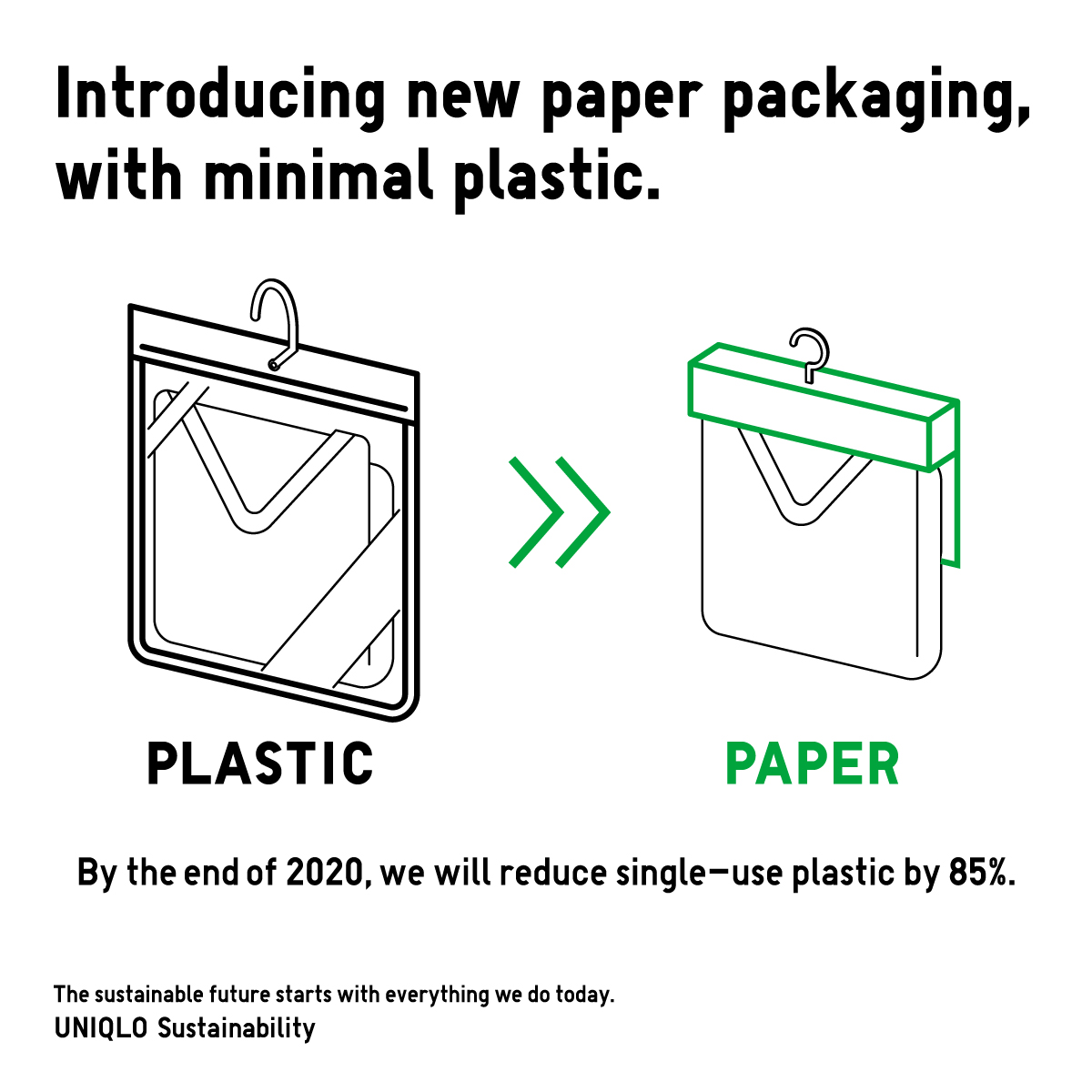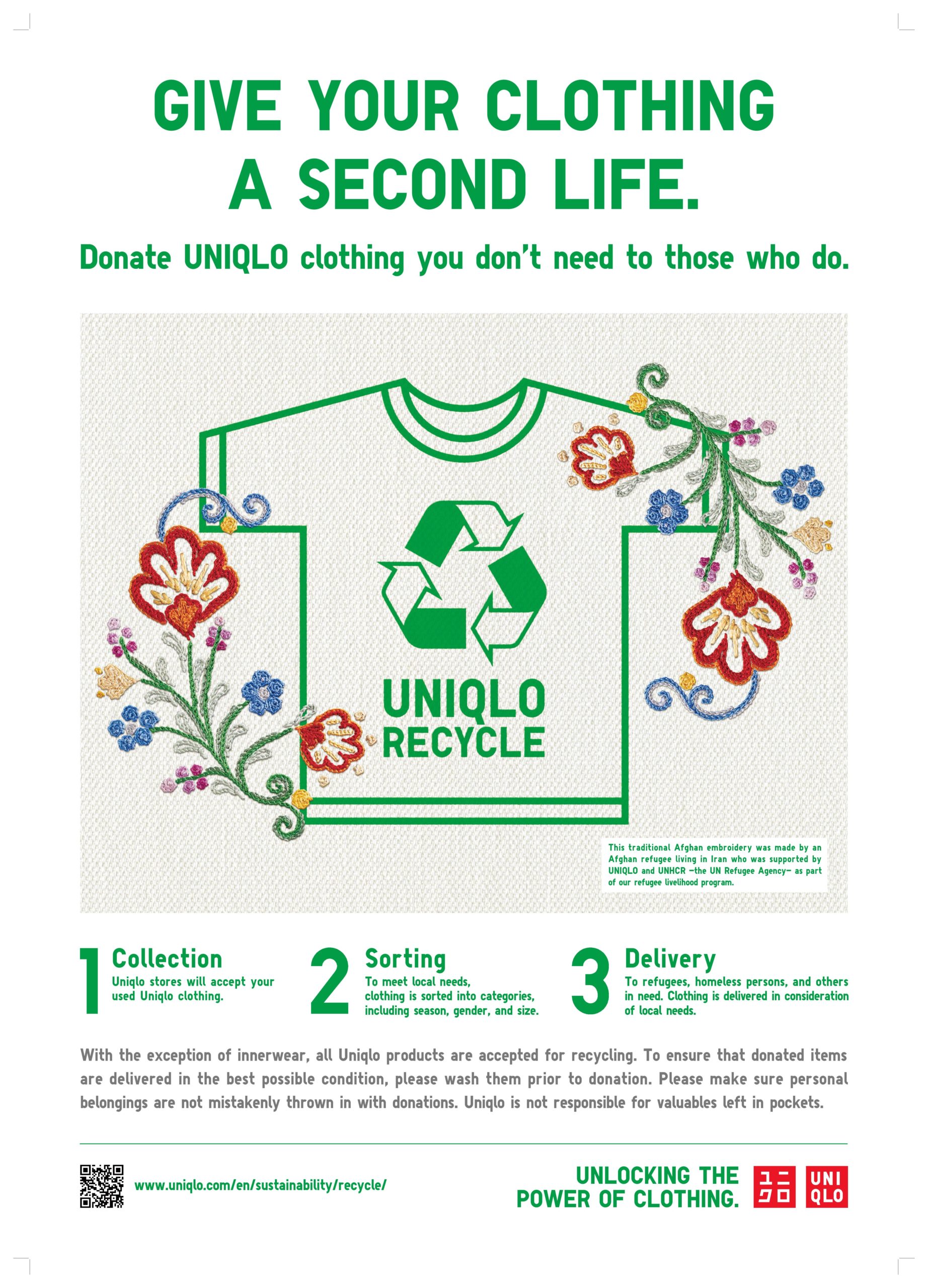UNIQLO LifeWear is timeless design for all, expressed in high-quality, functional, durable clothing that outlasts transitory fashion trends. Our LifeWear philosophy has always been to create wonderful clothing that our customers love and keep.
Through LifeWear, we are re-imagining the great potential of clothing to be a positive force for change. We leverage our scale, design and advanced technological strength to make sustainability available to all. We are empowering all UNIQLO customers to make effortless sustainable choices in our stores and through LifeWear.
People
UNIQLO is committed to creating empowered workplaces throughout its value chain by respecting human rights and securing workplace health and safety to enable all workers to achieve personal growth. With this, UNIQLO advocates against discrimination and opens opportunities to all kinds of people from all walks of life, including senior citizens and persons with disabilities.
Planet
UNIQLO is committed to reducing its environmental impact to achieve sustainable business, while offering innovative products customers can use with confidence.
By the end of 2020, UNIQLO’s goal is to be able to reduce single-use plastic by 85%. This is fueled by the alarming adverse impact of plastic worldwide and we want to make sure that we do our part in helping to reduce this. In September 2019, we have already started phasing out plastic shopping bags and continuing throughout 2020, we will reduce the amount of plastic in our product packaging. As a result, this will save 7,800 tons of single-use plastic annually. In addition to reducing plastic usage, we will also be launching eco-friendly bags by March.
Aside from packaging, UNIQLO has also thrived in applying its sustainability efforts to the clothes themselves. UNIQLO recognizes that the production of clothing has a substantial impact on the natural environment. From our partner factories to our stores, UNIQLO adheres to environmental standards by strictly managing the use of chemical and toxic substances, monitoring and reducing GHG emissions, water consumption, and discharge – as perfectly exhibited by UNIQLO’s sustainable Jeans, which uses a waterless washing and natural drying system, and DRY-EX items that incorporate high-value-added polyester fibers derived from reclaimed PET bottles.
By minimizing waste and reducing our environmental footprint, we are working to build a truly sustainable business while at the same time, gradually reversing the negative impact on the environment to a positive one.
Community
UNIQLO is committed to providing happiness through clothing and enhancing people’s lives to achieve more harmonious, enriched society.
1. All Product Recycling Initiative
UNIQLO wants to maximize the use of clothing that our customers no longer wear. We collect clothing from customers at UNIQLO and GU stores, and working with the United Nations High Commissioner for Refugees (UNHCR) and other NGOs and partners, we distribute the wearable items to refugees, disaster victims, and others in need worldwide. Clothing that is deemed unwearable is recycled into refuse paper and plastic fuel (RPF) pellets for fuel. As of August 2019, we have already collected 90.79 million items from 22 countries and regions and have donated 36.57 million items to refugees, disaster victims, pregnant women, mothers, and children from 72 countries and regions.
2. Upcycling
UNIQLO empowers refugees to take control of their own future. In 2018, we established the Self-Reliance and Livelihood Project in five countries in Asia (India, Iran, Malaysia, Nepal, and Pakistan) with the UNHCR. The program helps refugees gain economic independence through vocational training such as sewing technology and information technology, management training to encourage entrepreneurship, and working from home.
UNIQLO not only supports refugees with clothes, but also self reliance programs. In 2016, we committed US$10 million over a three year period in support of UNHCR (United Nations High Commissioner for Refugees) activites. US$5.5 million will go to self-reliance support programs.One example is a vocational training program to improve sewing skills.
“Upcycling” is the act of taking waste materials and other things that are no longer in use and turning them into things with value, reusing them and recycling them. A new initiative has commenced at UNIQLO under which we use denim and other waste fabric that is left over after hemming is performed at stores to bring forth things that have value.
3. UNIQLO School
As part of UNIQLO’s efforts to enrich the lives of Filipinos, UNIQLO has partnered with the AGAPP (Aklat, Gabay, Aruga, Tungo sa Pag-Angat at Pag-Asa) Foundation to launch the country’s first UNIQLO classroom in Legazpi, Albay. Together with AGAPP’s Silid Pangarap program, the UNIQLO classroom is part of the UNIQLO’s sustainability initiative aimed at helping local communities that are in need.
Get Updates via Email – CLICK HERE
Here’s Php100 for you when you shop/book at Lazada, Agoda, airbnb, Zalora, etc: http://bit.ly/2J5PTGv
https://www.facebook.com/manilaonsale
https://www.twitter.com/manilaonsale
All photos and text courtesy of the brand’s social media pages unless stated otherwise.
Like This Post? Share it with your friends!








